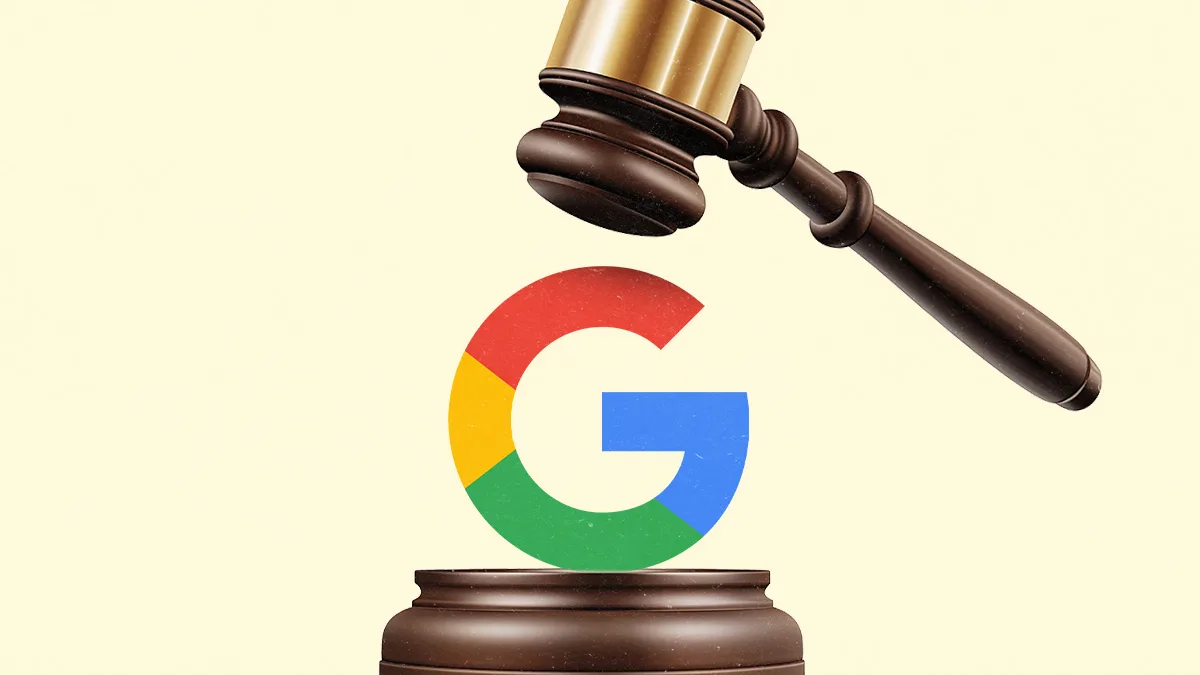In a recent significant development in the tech world, a U.S. judge has ruled that Alphabet's Google must share its search data with competitors to promote fair competition in online search services. However, the judge rejected calls for Google to sell off its popular Chrome browser, allowing the company to keep Chrome and its Android operating system. This decision has sparked fresh debates and concerns about privacy and how large tech companies manage personal data in 2025.

Google handles billions of search queries every day, collecting extensive data such as search terms, user locations, and browsing history. This data helps Google improve its services and tailor advertising, but it also raises significant privacy concerns among users. Many worry about how much information is collected, who can access it, and how securely it is kept. Google's privacy policies state they provide user controls to manage data, but critics argue these controls are not always clear or easy to use, making some users uneasy about their privacy.
The judge's ruling to make Google share search data with rivals aims to increase competition in the online search market, which could benefit consumers through better and more innovative search options. But this data-sharing requirement also amplifies privacy concerns since sharing data among multiple companies can increase the risk of data misuse or breaches. Google argues that sharing this data could reveal its intellectual property and undermine user privacy. Meanwhile, privacy advocates emphasize the need for robust safeguards when data is shared to protect users' personal information.

At the same time, Google recently reversed its plan to completely phase out third-party cookies in Chrome, which are small pieces of data websites use to track user behavior for advertising. Instead, Google will give users a choice to control these cookies in their browser settings. This decision reflects the ongoing challenge in balancing privacy with the digital advertising ecosystem that many websites rely on for revenue. While some praise the option for user choice, others remain worried about the complexity of managing privacy settings and the continued presence of tracking technologies.
In 2025 is a year where data privacy is becoming more critical than ever. The rise of new technologies like AI and IoT, alongside growing public awareness and stricter regulations worldwide, is pushing companies to adopt stronger privacy protections and offer more transparency. Still, users are advised to be mindful of their digital footprints and use available privacy controls actively.

In conclusion, the judge’s decision on Google highlights the tension between fostering innovation and competition in the tech sector and protecting user privacy. As Google shares search data but retains control over its dominant Chrome browser, the coming months will show how these changes impact user privacy, corporate competition, and the overall landscape of online services. For users, staying informed and vigilant about privacy settings and data sharing remains more important than ever.
This evolving situation underscores a key idea: while Big Tech continues to bring useful services, it also carries ongoing challenges for personal privacy that everyone should understand.
With inputs from agencies
Image Source: Multiple agencies
© Copyright 2025. All Rights Reserved. Powered by Vygr Media.





















